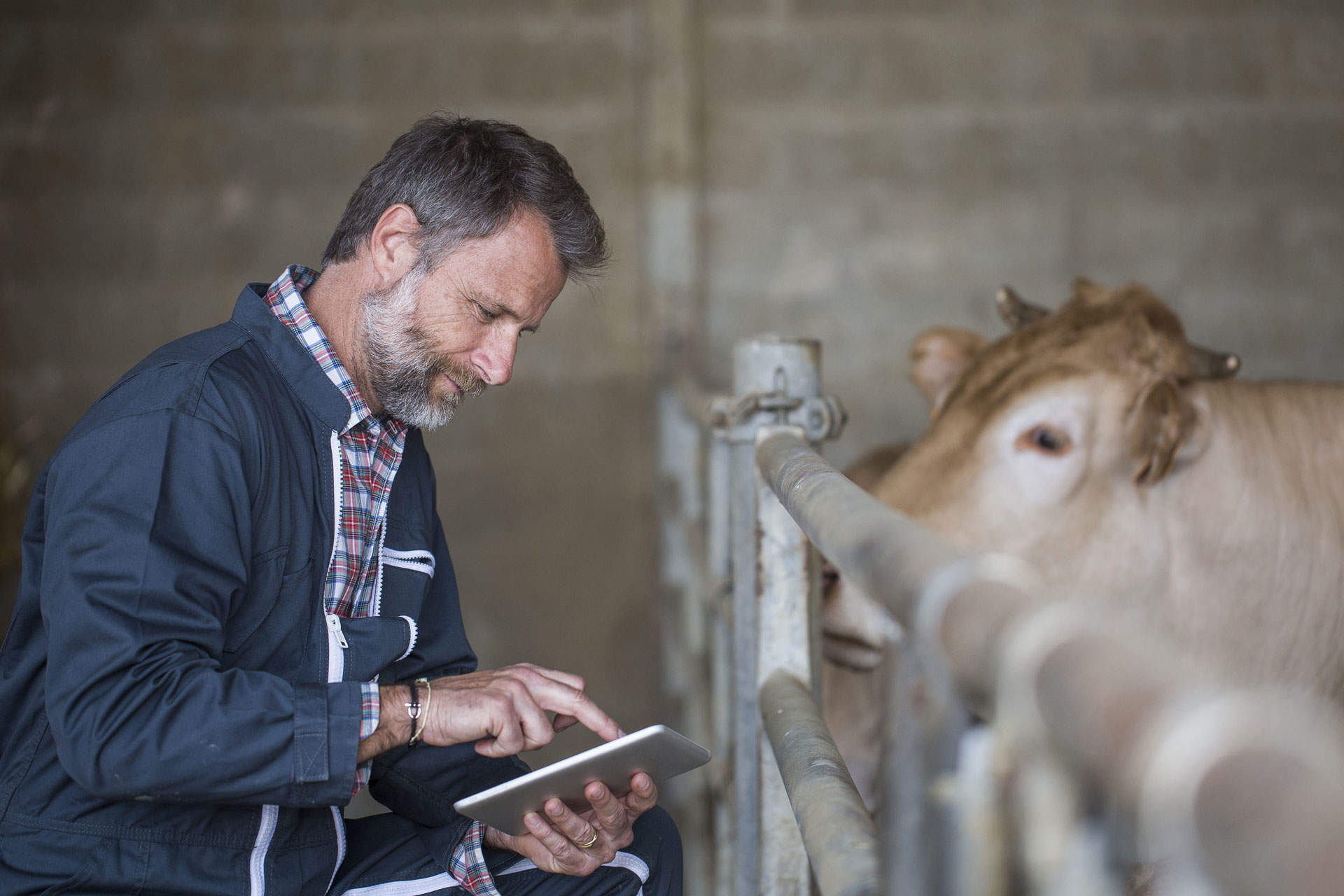
A new blockchain-based platform is being used to improve supply chain transparency in the southeastern United States meat industry.
The platform, which was announced today by US agribusiness company Kelly Products, is designed to improve the transparency of the Georgia beef industry supply chain.

Access deeper industry intelligence
Experience unmatched clarity with a single platform that combines unique data, AI, and human expertise.
Digital ledger system blockchain has risen to popularity via cryptocurrencies, but is increasingly being used for other applications. Each transaction is verified by all computers within a blockchain’s network, before being stored in a ‘chain’ of blocks of data that cannot be changed at a later date. This ensures that the information remains reliable and free from tampering or corruption.
For meat, this ensures that data about a product’s source cannot be changed, making it more reliable.
“Utilising blockchain technology for our new tracking system gives producers the opportunity to streamline their protein tracking and make it extremely accessible and transparent,” explained Stuart Edmondson, chief technology officer, Kelly Registration Systems.
It is likely to be of considerable interest to the global meat industry, which has struggled with issues relating to supply chain transparency. Of particular note was the 2013 horse meat scandal in the UK, where products advertised as containing beef were found to contain horse.

US Tariffs are shifting - will you react or anticipate?
Don’t let policy changes catch you off guard. Stay proactive with real-time data and expert analysis.
By GlobalDataBeef supply chain transparency
The technology will allow partners, retailers and consumers to access a trove of information about a cut of meat’s origin.
This includes the animal’s breed, sire and sex, alongside details of vaccinations, any antibiotics or growth hormones it has been given and it’s weight and rate of growth over time. It will also provide information about the animal’s feed, the location of the farm and any previous owners. Finally, it will include key details about the date it was slaughtered and processed.
While many consumers may find the breadth of information more than they really need to know, it will enable retailers to ensure that they are getting the meat they have paid for. It will also provide a reliable source of desirable information to pass onto consumers, such as whether the beef was grass-fed.
Rolling out blockchain for beef
Kelly Products is starting the system relatively small, but has ambitious plans for expanding it across the region.
“We plan to start the blockchain with our own animals and then expand it to other members of the meat processing and supply chain across the state of Georgia and the Southeast,” said Keith Kelly, president and chief executive officer of Kelly Products.
“We believe transparency and food safety are top priorities, not only for our consumers at Farmview Market but for our state’s entire food system.”
While it will be a powerful test of the benefits of blockchain within the food supply chain, it is not the only blockchain-based product focusing on this area.
Just last week, former Genesis frontman Peter Gabriel announced he was backing UK-based Provenance, which is designed to bring supply chain transparency to the UK food and drinks industry.






